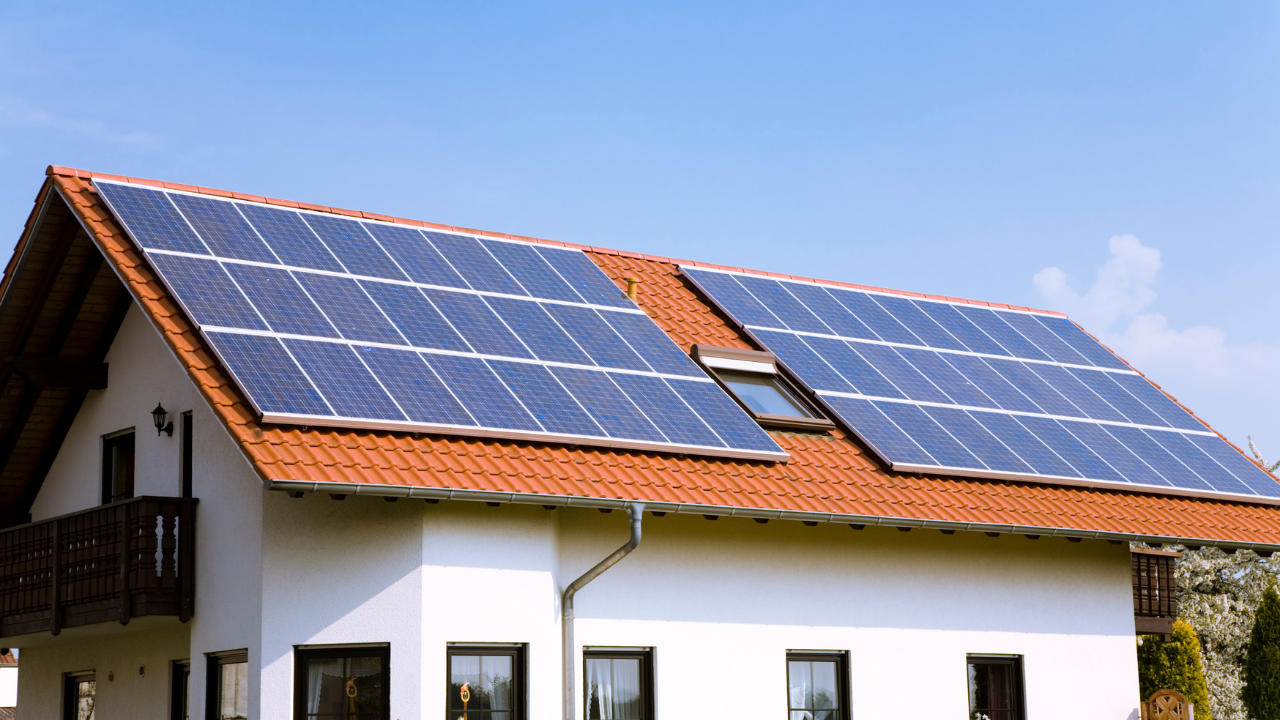Selling Power Back to the Grid? It Will Be Tax Free Soon
Aug 27, 2025
From the 2026–27 income year, a new tax exemption will apply for individuals who sell excess residential electricity back to the grid – most commonly from solar panels installed on their homes.
What’s Changing?
Currently, if you generate more electricity than you use and sell the surplus to your electricity retailer, the income is taxable. From 1 April 2026 (the start of the 2026–27 income year), this will no longer be the case.
The government has confirmed that income tax will not apply to this type of income when it arises from a residential supply arrangement. In other words, if you’re simply a household generating power for your own use, with the occasional surplus sold back to the grid, you will not need to declare this as taxable income.
Key Details of the Exemption
-
Applies to individuals only – The exemption is intended for households, not businesses or commercial solar farms.
-
Residential supply only – If the electricity is generated at a residential property, income from selling excess power back to the grid will be exempt.
-
No related deductions – Because the income is exempt, you won’t be able to claim deductions for costs associated with generating the electricity (such as installation or maintenance of solar panels).
-
Applies from 2026–27 income year onwards – This means any sales made on or after 1 April 2026 will qualify for the exemption.
Why the Change?
This move simplifies tax compliance for households with solar panels and removes a small but sometimes confusing reporting obligation. For most households, the income from selling back electricity is relatively minor, so the cost of compliance outweighed the revenue collected.
What Does This Mean for You?
-
No tax return reporting – From the 2026–27 income year, you don’t need to include this income in your personal tax return.
-
Upfront solar costs remain non-deductible – If you install solar panels, you can’t claim the cost against this exempt income. The financial benefits will continue to come from lower household power bills, plus the tax-free income from selling back any surplus.
-
Commercial arrangements still taxable – If you’re generating electricity at scale or as part of a business, normal income tax rules will continue to apply.
Final Thoughts
This exemption is a welcome simplification for households investing in renewable energy. While deductions are not available, the removal of tax on surplus electricity sales means fewer compliance headaches for everyday New Zealanders contributing to a cleaner energy future.
Stay connected.
Latest updates, news and important information for New Zealand businesses.
We will never sell your information, for any reason.
